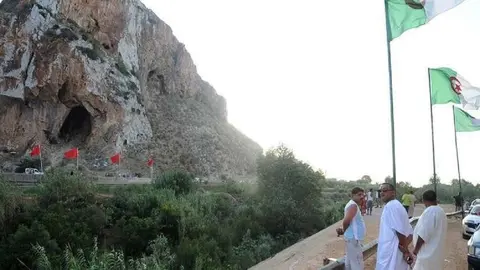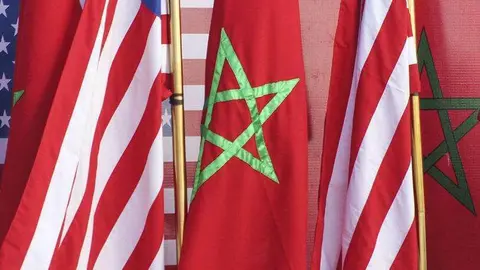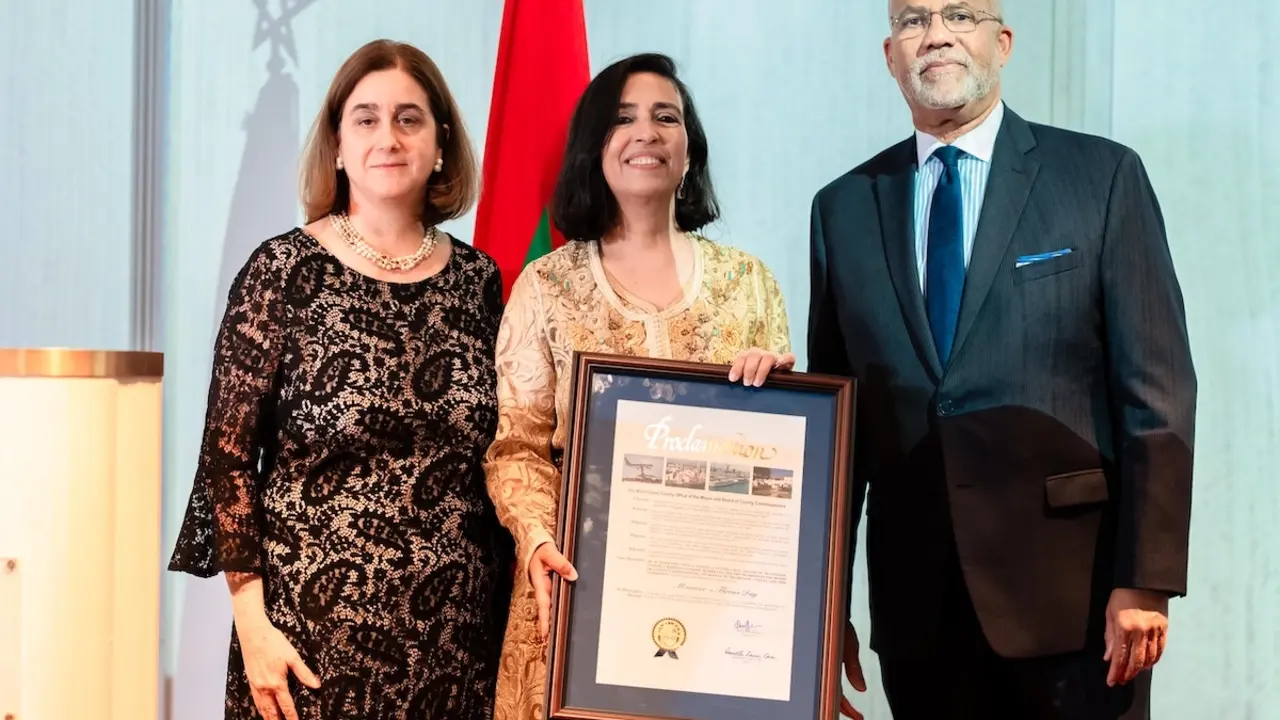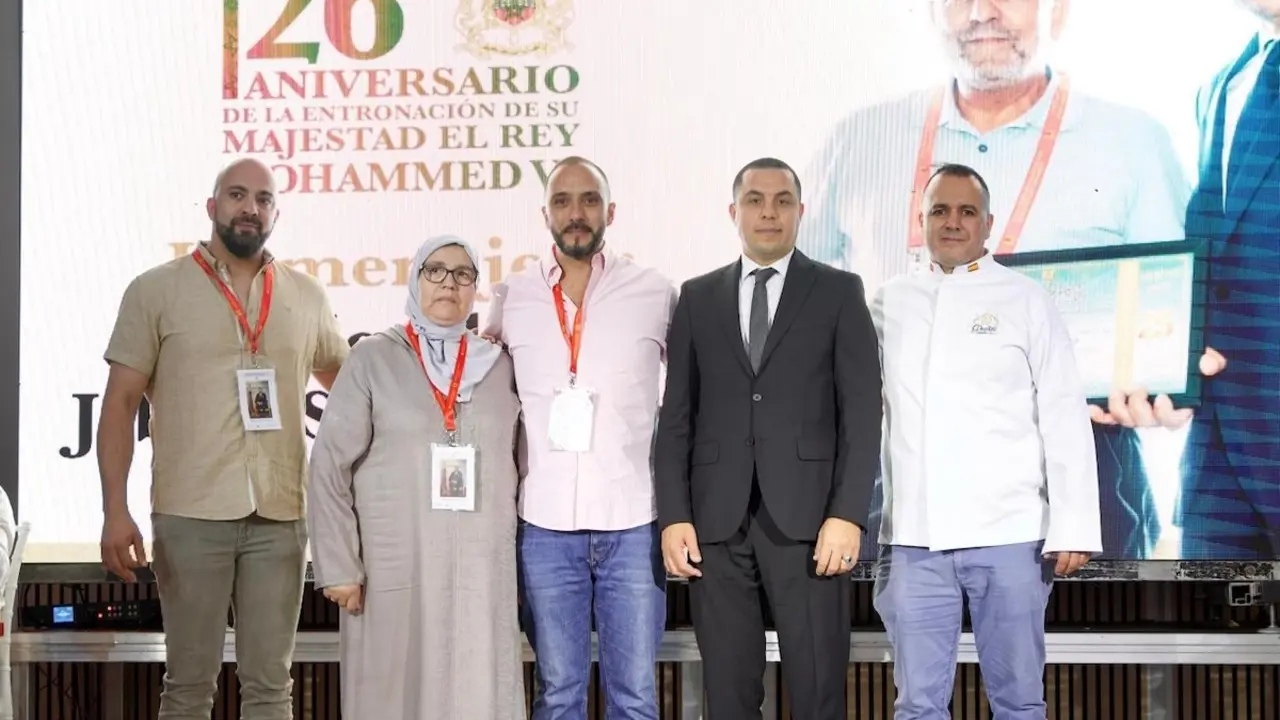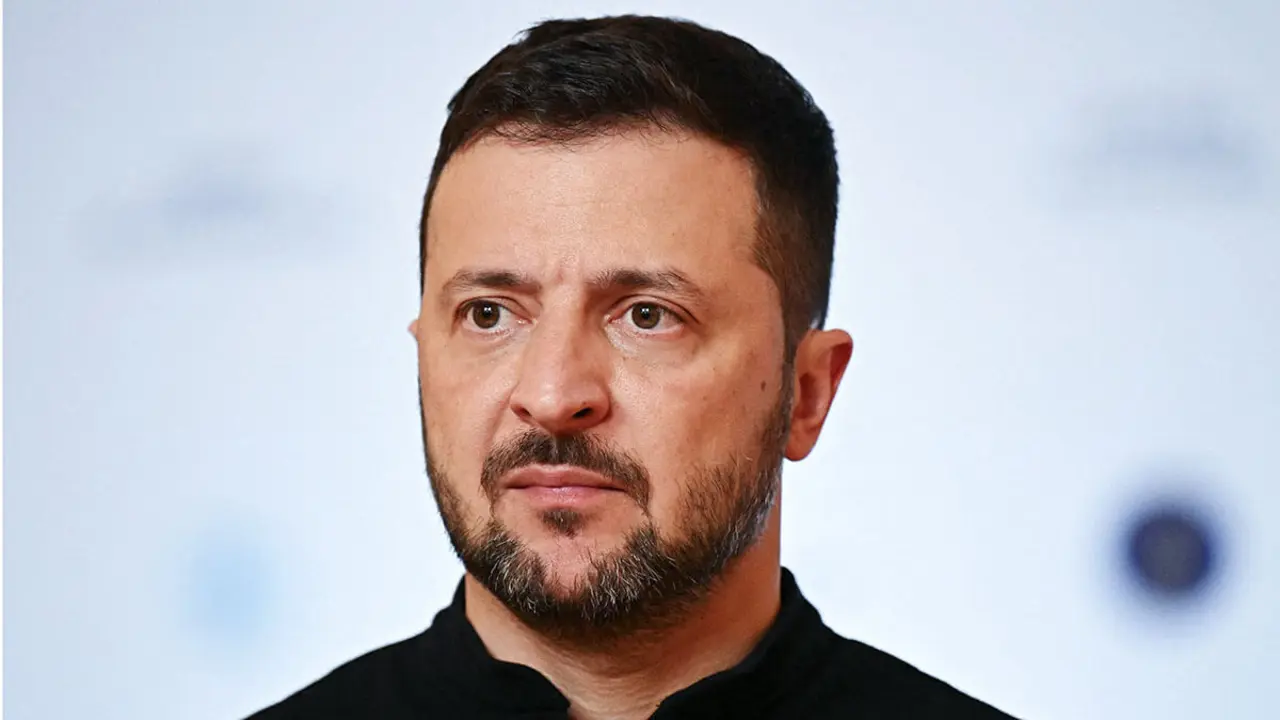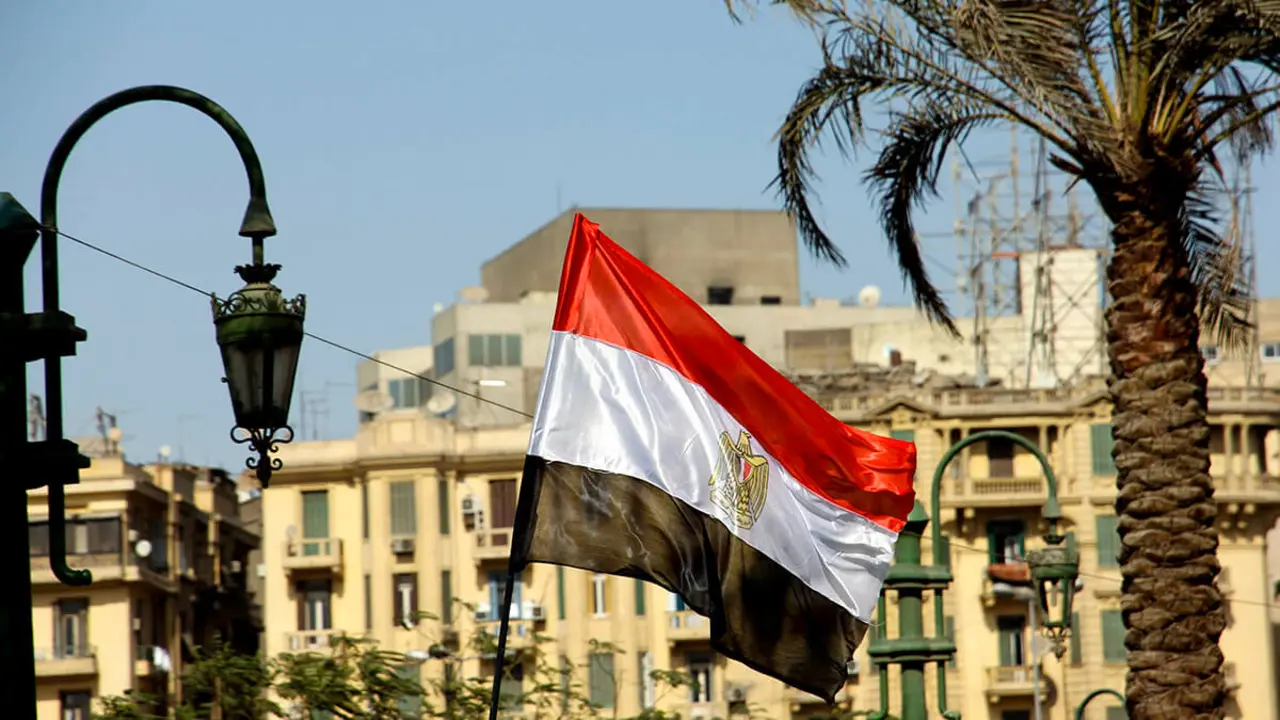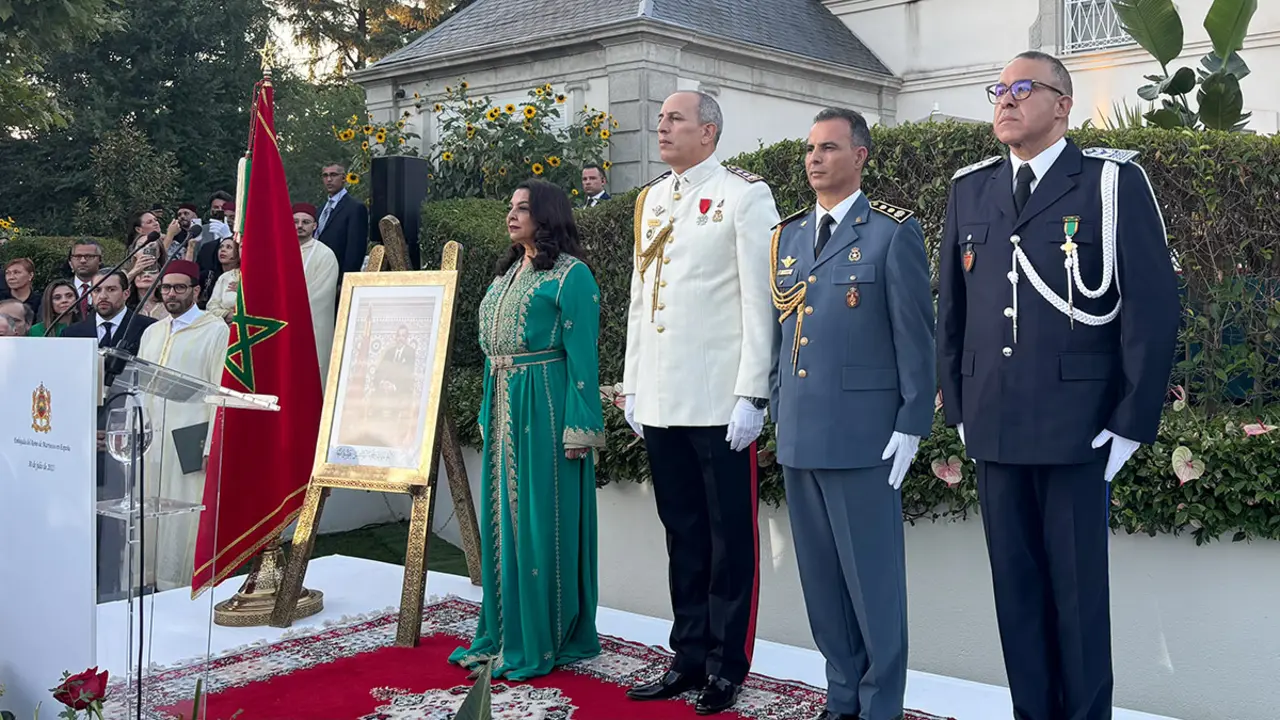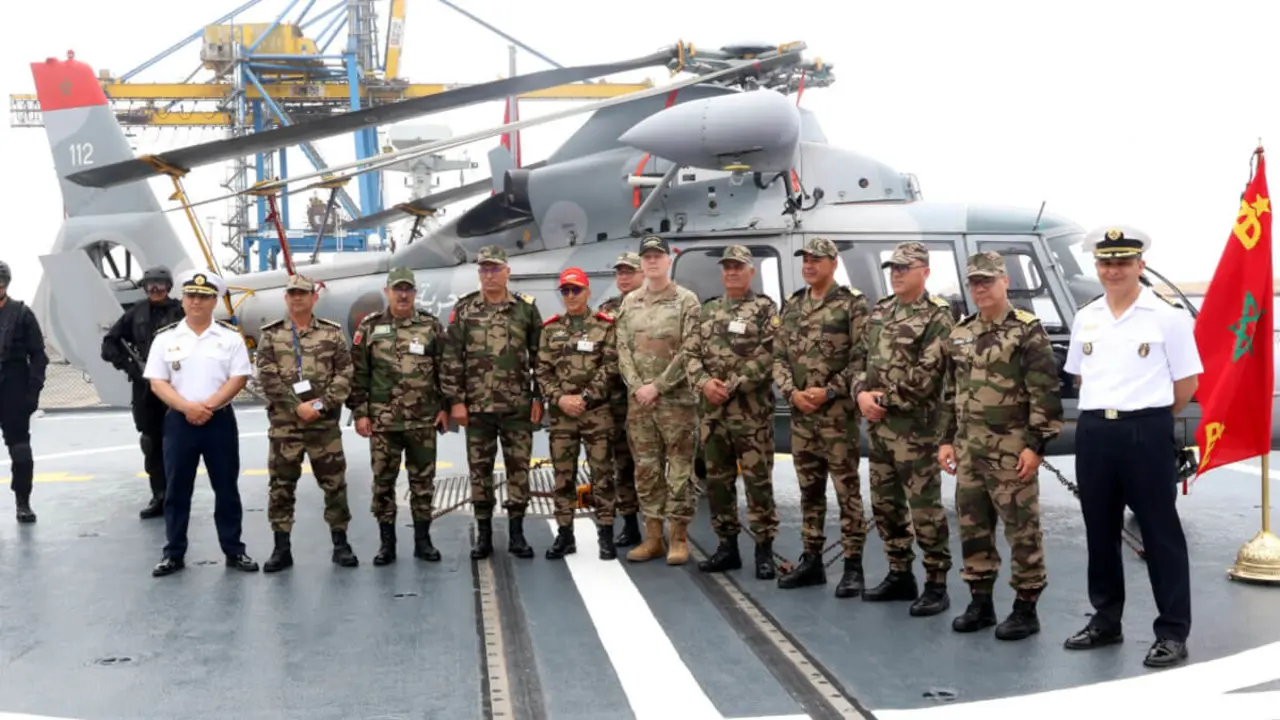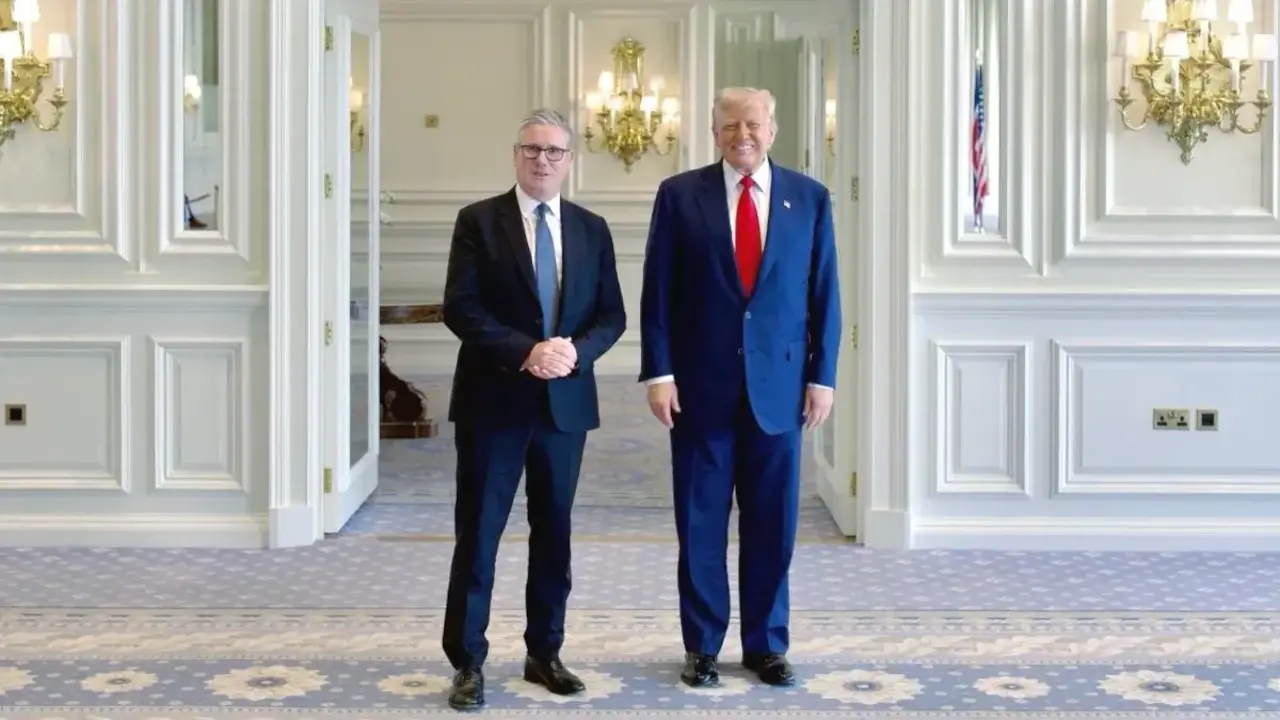Morocco, committed to international security and the fight against weapons of mass destruction in Africa
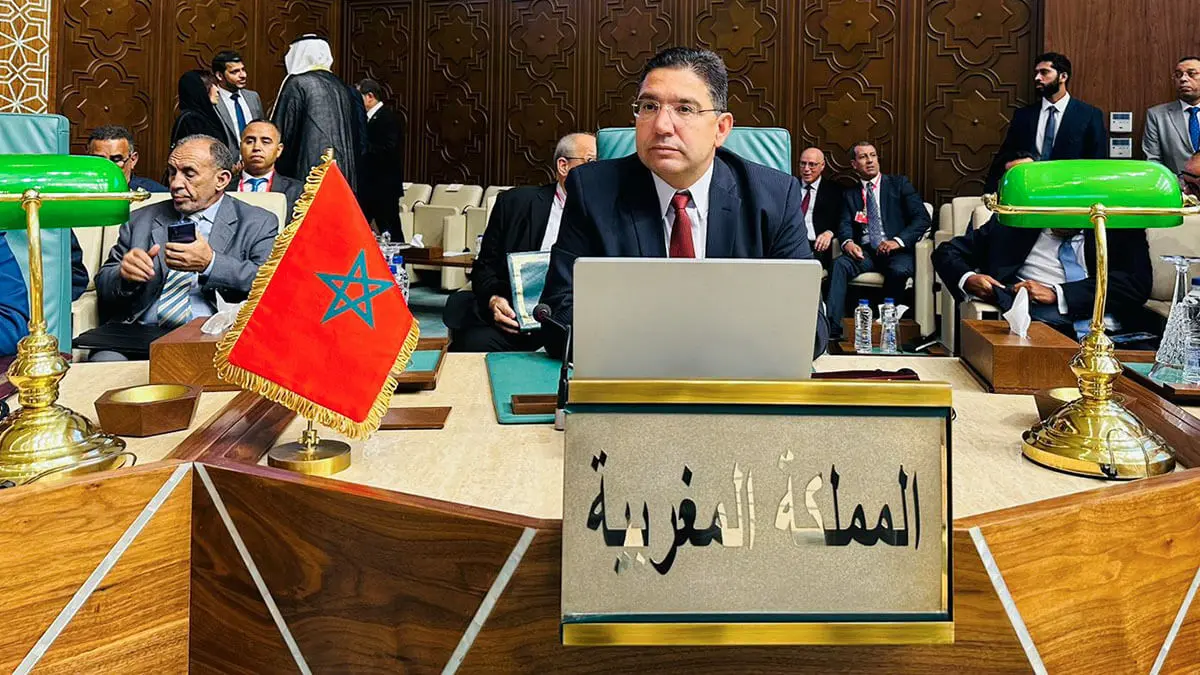
Morocco and the United States remain committed to strengthening their security ties. To this end, the Moroccan Minister of Foreign Affairs, Nasser Bourita, met this week in Rabat with the Under Secretary of State for Arms Control and International Security Affairs of the US State Department, Bonnie Jenkins. The meeting was part of the Moroccan-US partnership on security and stability issues in the world, particularly on the African continent.
- "Morocco's leadership and partnership are invaluable"
- Marrakesh hosts conference to curb trafficking in weapons of mass destruction
- Bourita: Africa's growing presence in PSI is an "encouraging sign".
- "Morocco is an eloquent example of strengthening cooperation between African countries"
In a press conference afterwards, Bourita declared that his conversation with Jenkins focused on bilateral cooperation, security and stability on the African continent. In this regard, he recalled that Marrakech will host an important meeting dedicated to the fight against the trafficking of weapons of mass destruction in Africa, whether chemical or biological, and against their use by separatist and terrorist groups.
M. Nasser Bourita a reçu, aujourd’hui à Rabat, la sous-Secrétaire d'État chargée du Contrôle des armements et des Affaires de sécurité internationale des États-Unis, Mme Bonnie D. Jenkin. pic.twitter.com/Q7mPQhjYnb
— Maroc Diplomatie 🇲🇦 (@MarocDiplomatie) January 30, 2024
He also stressed measures to combat terrorism in the world, reiterating Morocco's rejection of the terrorist attack near the Jordanian-Syrian border in which three American soldiers were killed and several wounded. Bourita assured that "these terrorist operations can only be rejected and strongly denounced", adding that Rabat remains in full and constant solidarity with the Kingdom of Jordan.
The meeting was also attended by the US ambassador to Rabat, Puneet Talwar, and the director of United Nations and International Organisations at the Ministry of Foreign Affairs, African Cooperation and Moroccans Living Abroad, Redouane Houssaïni.
"Morocco's leadership and partnership are invaluable"
For her part, US Under Secretary of State for Arms Control and International Security Affairs at the State Department, Bonnie Jenkins, praised Morocco's "invaluable" leadership and partnership on regional and international security issues, underlining King Mohammed VI's "visionary approach" in Africa.
"I thank Morocco for its partnership and cooperation in ensuring greater security in Africa under the leadership of His Majesty King Mohammed VI and his visionary approach to the continent," Jenkins told reporters after her meeting with Bourita.
At the meeting, the US official reviewed the bilateral relations between the United States and Morocco, as well as the role of both countries in strengthening international security in Africa and the region. From nuclear non-proliferation and disarmament to emerging technologies and regional security.
"Morocco's leadership and partnership are invaluable," he said. Jenkins also stressed that strong partnerships around the world are essential to address growing threats and strengthen the security needed for peace and prosperity.
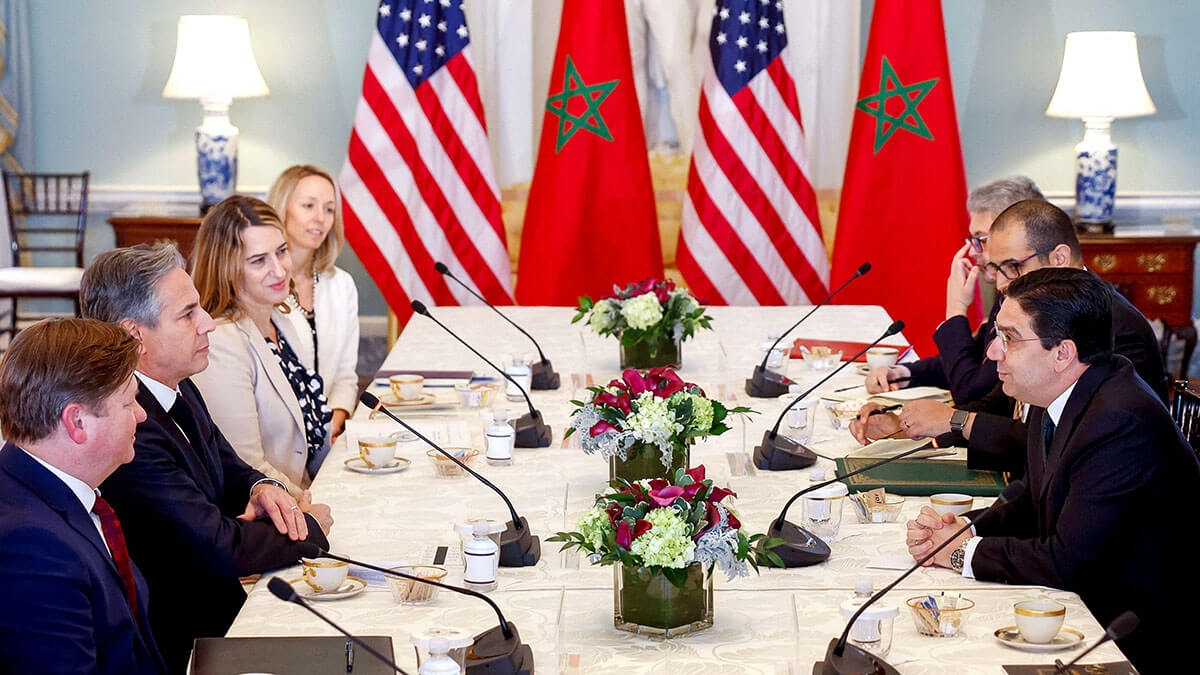
Marrakesh hosts conference to curb trafficking in weapons of mass destruction
The meeting also discussed preparations for the African political conference under the Proliferation Security Initiative (PSI), to be held in Marrakech in the coming days. The PSI is an international cooperation programme involving 106 countries aimed at curbing the trafficking of weapons of mass destruction, their means of delivery and related materials.
According to Jenkins, several countries from the continent, as well as regional partners and allies, will participate in the conference. The goal of PSI is to create partnerships between states to collaborate and use their resources to create various legal, diplomatic and military instruments to prevent the transport of dangerous cargoes by road, air or sea.
"We hope to expand PSI through partnerships with a number of African countries and continue the global effort to counter the spread of these weapons of destabilisation," she said.
On the issue of countering weapons of mass destruction, Bourita stressed that, in line with Mohammed VI's vision, Morocco has always advocated multilateral cooperation as the most appropriate framework for coordinating international efforts.
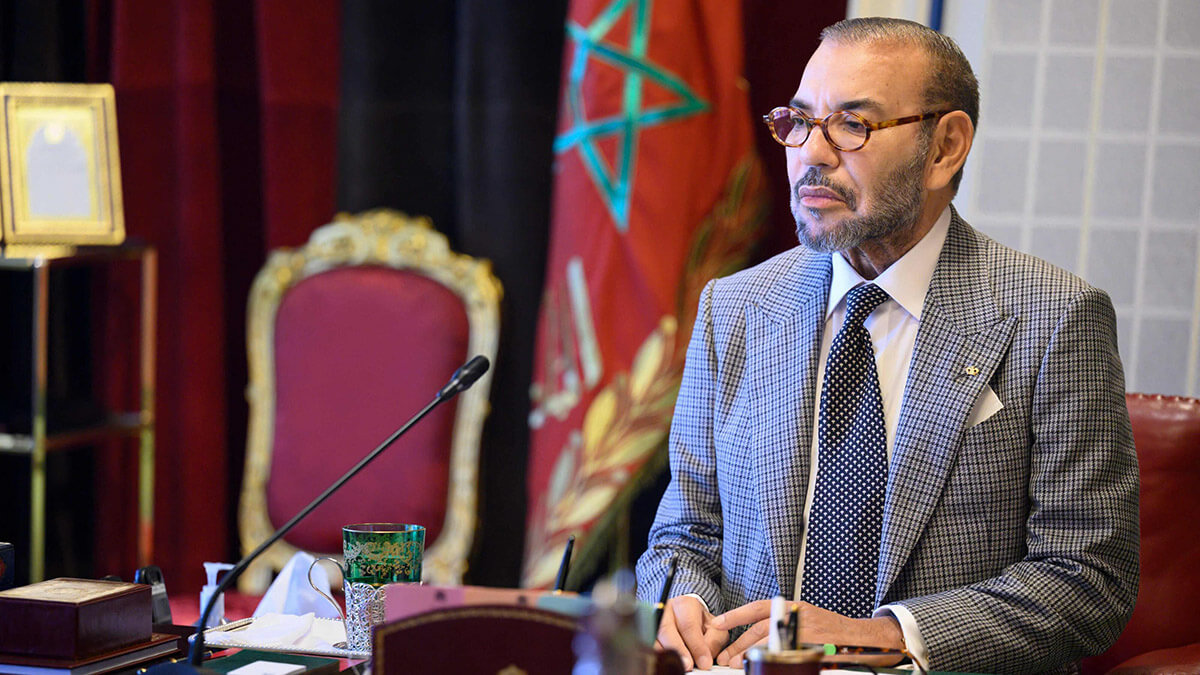
The Kingdom's firm commitment in this area is manifested through its adherence to international conventions on disarmament and non-proliferation, as the Moroccan minister mentioned in his speech at the opening of the political meeting for the promotion of the Proliferation Security Initiative (PSI) dedicated to Africa.
Morocco has also lent its support to international initiatives in this field and intends to continue its fruitful partnership with the United States and African countries to make PSI an integral part of the African security landscape, Bourita noted.
For the head of Moroccan diplomacy, the main advantage of this international cooperation programme, which aims to curb the trafficking of weapons of mass destruction, is "its flexible, operational and results-oriented nature".

Bourita: Africa's growing presence in PSI is an "encouraging sign".
Bourita said that the Moroccan experience has demonstrated the relevance of PSI in terms of inter-ministerial coordination to meet the challenge of non-proliferation, adding that the Marrakech meeting is an excellent opportunity to strengthen PSI in African states through the implementation of three priority actions.
This involves, first, recognising that the African security environment is not isolated from the global security context. The second axis concerns strengthening synergies through national efforts by organising workshops and operational exercises conducted by African soldiers and civilian experts. Finally, it is necessary to ensure that the voice of African states is heard within PSI, by identifying and sharing "African lessons" drawn from good practices in the forums offered by the initiative, Bourita said in statements reported by Le Matin.
For Bourita, Africa's growing presence in PSI is an "encouraging sign", and he called for building on this momentum to make this mechanism a real platform for action for and by African countries, who are demonstrating a strong commitment to global efforts to combat the proliferation of weapons of mass destruction. "This meeting is also dictated by the profound changes taking place in the African security context," he added.
M. Nasser Bourita a prononcé, aujourd'hui, une allocution à l'occasion de la tenue des travaux de la réunion politique africaine de haut niveau de l'Initiative de Sécurité contre la Prolifération des Armes de Destruction Massive à Marrakech.
— Maroc Diplomatie 🇲🇦 (@MarocDiplomatie) January 31, 2024
📺 https://t.co/5pOK7KqNLs pic.twitter.com/cjSTrYDrJi
The Moroccan minister referred to four main trends that should "shape the future of security on the African continent". Bourita cited, first, the development of trade between Africa and the world, on the one hand, and trade between African nations, on the other. Although Africa contributes only 2.7 per cent to world trade, its share of world seaborne trade is 7 per cent. "With a coastline stretching over 30,000 kilometres, Africa becomes a major source of vulnerability to proliferation threats," Bourita explained.
For the minister, the second point refers to the existence of "strong" and "irrefutable" evidence of the establishment of enduring alliances between terrorist and separatist groups and transnational criminal organisations. The third, he continued, relates to the lack of regional and sub-regional cooperation that continues to undermine the continent's ability to confront transnational security threats, in the absence of real political will to change this situation.
Finally, the minister mentioned the existence of "external actors" that continue to alter the continent's security environment by providing their proxies with cheap and devastating technologies and expertise. All these trends create conditions that favour the proliferation of weapons of mass destruction, in a context marked by porous borders, coordination failures, weak legal and regulatory arsenal and insufficient national capabilities.
Lancement, aujourd’hui à Marrakech, de la réunion politique africaine de haut niveau de l'Initiative de Sécurité contre la Prolifération des Armes de Destruction Massive.@SecBlinken pic.twitter.com/mD9E6OuNCw
— Maroc Diplomatie 🇲🇦 (@MarocDiplomatie) January 31, 2024
"Morocco is an eloquent example of strengthening cooperation between African countries"
In her speech, Jenkins said she was "very happy" to see so many African countries participating and taking advantage of this opportunity, inviting governments that have not yet done so to join the Initiative as soon as possible. "Preventing the trafficking of weapons of mass destruction and their means of delivery is of paramount importance for the preservation of peace and security in the world," she reiterated.
Jenkins recalled that PSI commitments include, among other things, the interdiction of transfers to and from state and non-state proliferators, the development of procedures to establish information-sharing systems among member countries, and the strengthening of the capabilities of national authorities in partner countries in terms of interdicting and countering proliferation threats. She added that the PSI principles are in line with all obligations undertaken by the United Nations, in particular Security Council Resolution 1540 to establish a coordinated global approach to strengthen non-proliferation means.
PSI aims to build partnerships among states to collaborate and leverage their national resources to create various legal, diplomatic and military instruments to prevent the movement of dangerous cargoes by road, air and sea. This meeting, co-chaired by Jenkins and the director of the United Nations and international organisations of the Ministry of Foreign Affairs, African Cooperation and Moroccans Living Abroad, Redouane Houssaïni, aims to encourage African countries to support PSI, a sustainable global initiative to stop the proliferation of weapons of mass destruction.
Houssaïni stressed that Morocco has developed significant experience and expertise in the fight against the proliferation of weapons of mass destruction (WMD).
Lancement, aujourd’hui à #Marrakech, de la réunion politique africaine de haut niveau de l'Initiative de Sécurité contre la Prolifération des Armes de Destruction Massive.@SecBlinken pic.twitter.com/Qbicq9FQnD
— maroc presse & actualités (@actualitesMaroc) January 31, 2024
"Morocco is an eloquent example of strengthening cooperation between African countries," Houssaïni said at a press conference after the opening ceremony of the meeting. He also underlined the Kingdom's willingness to collaborate in this area with the countries of the continent in the framework of tripartite cooperation (United States-Morocco-African countries).
Houssaïni recalled that this meeting - which is part of the strategic partnership between Morocco and the United States launched in 2013 under the leadership of Mohammed VI and former President Barack Obama - is "important and unique in its kind", given the remarkable participation of African countries.
"This meeting aims to encourage many African countries to join this initiative, which represents a practical and flexible mechanism capable of fostering the exchange of information, knowledge and experience among the countries of the continent with a view to limiting the proliferation of weapons of mass destruction," he concluded.

